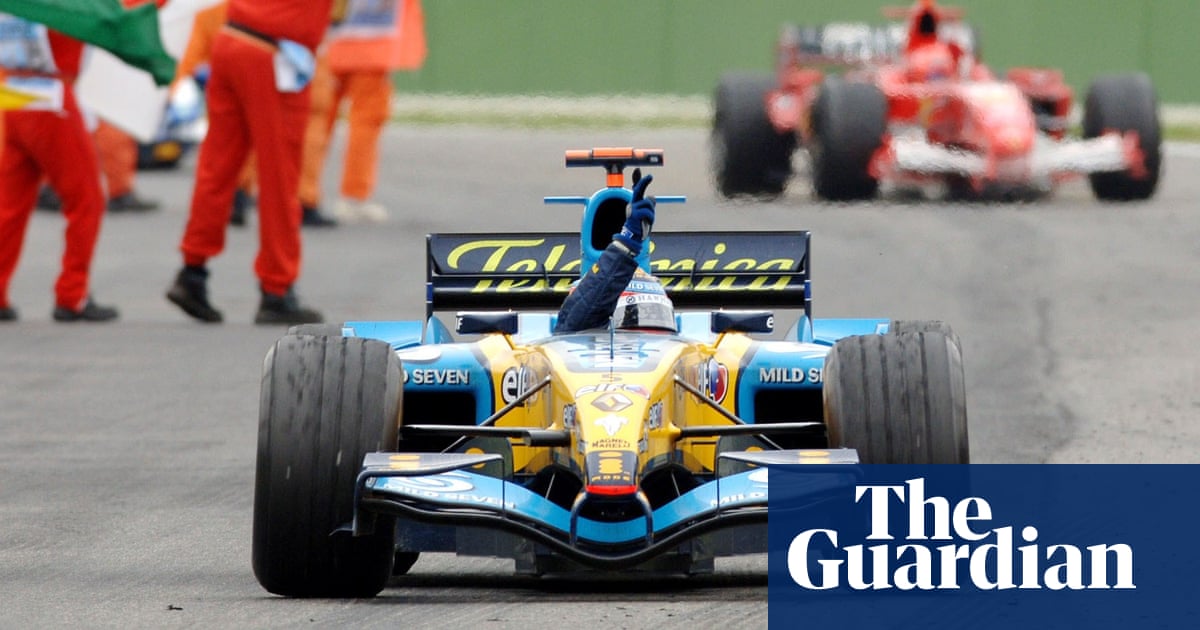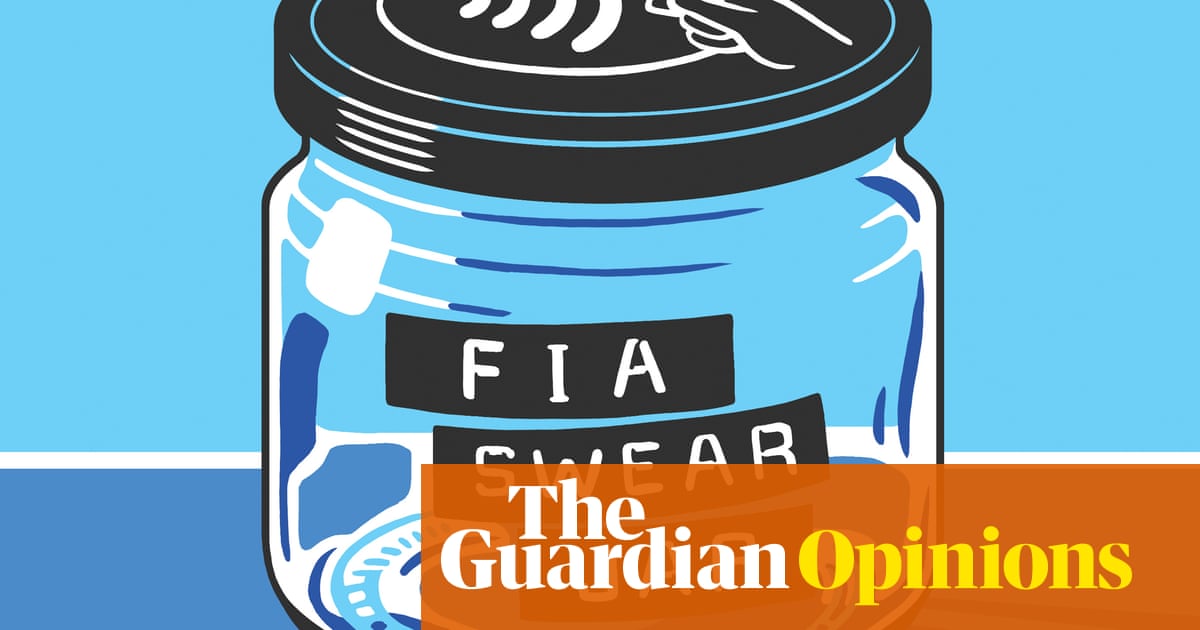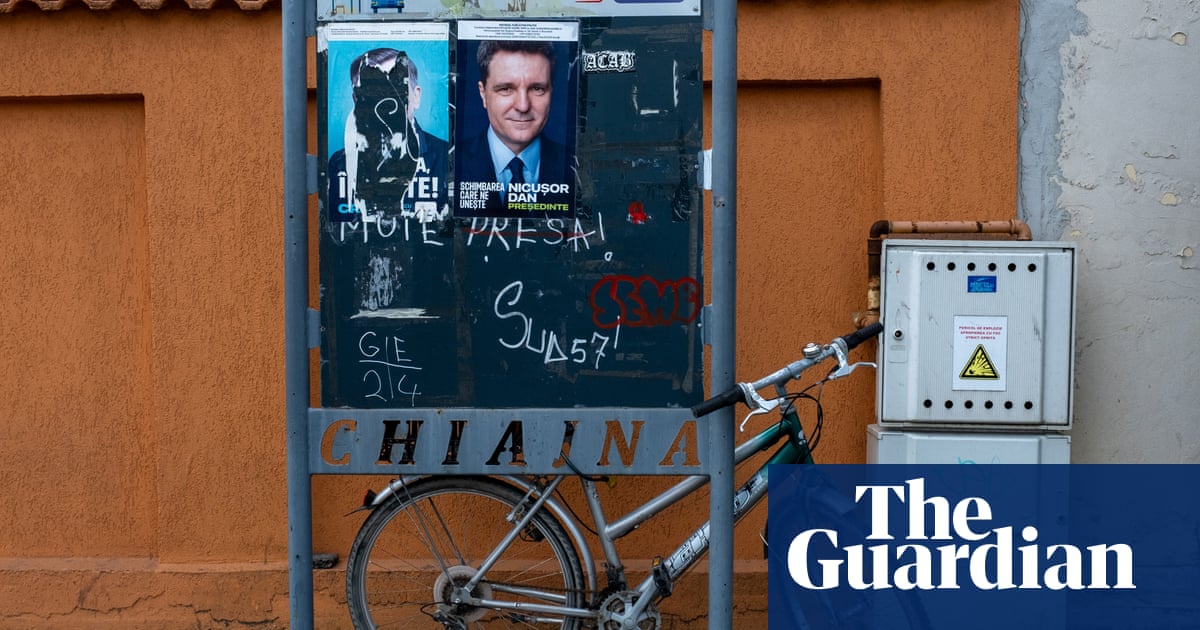A leading European winemaker has warned it may have to abandon its ancestral lands in Catalonia in 30 years’ time because climate change could make traditional growing areas too dry and hot.
Familia Torres is already installing irrigation at its vineyards in Spain and California and is planting vines on land at higher altitudes as it tries to adapt to more extreme conditions.
“Irrigation is the future. We do not rely on the weather,” said its 83-year-old president, Miguel Torres. “I don’t know how long we can stay here making good wines, maybe 20 or 30 years, I don’t know. Climate change is changing all the circumstances.”
The family business has been making wine in Catalonia since 1870, but Torres said: “In 30 to 50 years’ time maybe we have to stop viniculture here.
“Tourists are very important for Catalonia and we are very close to Barcelona. This area could be for activity for tourists but viniculture, I don’t think is going to be here.”
The group, which invests 11% of its profits every year to combatting and adapting to the climate crisis, may instead have to move at least some of its vineyards “more to the west because it is cooler and we have to have water”.
Familia Torres has more than 1,000 hectares of vineyards in Catalonia, mainly in the Penedès region, as well as sites in other parts of Spain, Chile and California.
It is now expanding to higher altitudes, producing grapes in Tremp, in the Catalan Pre-Pyrenees, at 950 metres, and acquiring plots in Benabarre, in the Aragonese Pyrenees, at 1,100 metres, where it is still too cold to grow vines. It is also using a variety of techniques to reduce or reuse water in its growing and processing practices.
That came after the family recorded a 1C rise in the average temperature in the Penedès region over the past 40 years. The change is causing the harvest to take place 10 days earlier than it did a few decades ago, while the family employs a variety of techniques to slow the ripening of the grapes to protect the right qualities for winemaking.
Torres’s comments come after a difficult few years for European vineyards. He said production was down as much as 50% in some of the winemaker’s regions in 2023 – “the worst year I have ever seen” – and still down on historic averages last year amid extreme heat and drought.
This year so far has been better – amid winter and spring rains and wider use of irrigation – but Torres said he was concerned that damper conditions bring the threat of mildew.
“In the future if we want to have more continuity in the harvest we have to stop the warming,” he said. “The warming is killing the trade.”
after newsletter promotion
The additional costs of irrigation are eating into profits in a highly competitive market with potential threats from US import tariffs on top of additional duties imposed on wine in the UK in recent years, as well as a new packaging tax which is particularly high for glass bottles and jars.
Torres said exports to the UK have fallen by as much as 10% and absorbing some of the cost increases has further knocked profits.
“We have no profit in exports to the UK, that is the reality. Hundreds of thousands of English people come to Spain on holiday and know the brand. We have to keep it alive in the UK.”
He said Torres was considering bottling some of its cheaper wines in the UK in order to reduce cost – as it is less costly to import in bulk in tankers.
“At least by next year we should be already importing that way in the UK,” Torres said. “British consumers are paying more for wine and there is not another possibility [to importing]. Production in the UK is very little.”

.png) 5 hours ago
4
5 hours ago
4

















































